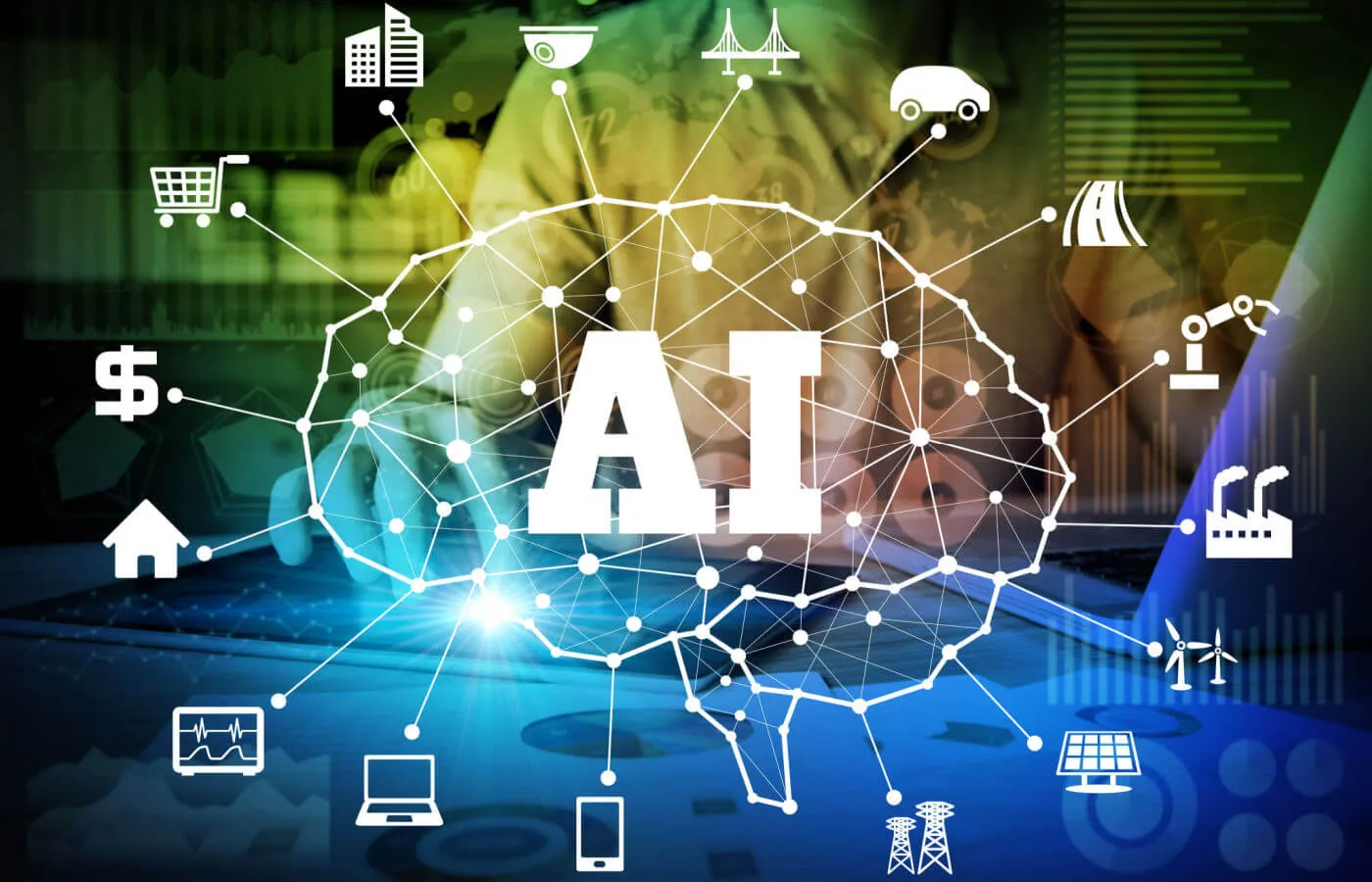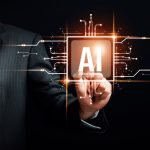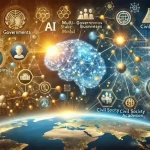Introduction
The evolution of artificial intelligence has not only transformed industries but also redefined the concept of influence. Around the world, technology is altering how leaders, celebrities, and citizens interact, shaping a new form of digital democracy where algorithms determine who holds attention and who shapes discourse. The modern age is one where visibility equals power.
From social media giants to entertainment networks, the influence of AI-driven systems has become a defining factor in politics and culture. The fusion of celebrity activism, political messaging, and technological infrastructure has created a powerful ecosystem that operates beyond borders. This new reality raises questions about control, responsibility, and the ethics of influence in a data-driven world.
The Digital Transformation of Political Communication
Artificial intelligence has revolutionized political communication by transforming how campaigns, policies, and narratives are designed. Governments and parties use AI to study voter sentiment, predict behavior, and craft messages that resonate emotionally. Data analytics now play a central role in determining political success.
Machine learning models are being deployed to monitor public opinion and anticipate global trends in real time. The ability to process massive data streams gives politicians an unprecedented advantage in adapting their rhetoric. Yet, the same tools that empower transparency can also be used to manipulate, creating ethical challenges in the democratic process.
Celebrities as Agents of Political and Social Change
Celebrities today hold political power that rivals that of traditional leaders. Social platforms powered by AI algorithms amplify their voices, making it easier for public figures to mobilize millions. They use their reach to influence opinions, endorse policies, and promote awareness about global crises ranging from climate change to digital privacy.
The union of fame and activism has produced a generation of “digital ambassadors” who blend entertainment with advocacy. By using AI-driven insights to connect with audiences, celebrities can target their messaging more effectively. This synergy between influence and technology has made cultural leadership a cornerstone of global political engagement.
AI’s Role in Shaping Public Opinion
Artificial intelligence systems curate the information billions of people consume daily. Algorithms decide what content trends, what news stories dominate feeds, and which opinions gain visibility. This algorithmic control over communication has turned data engineers into silent power brokers.
While AI offers efficiency and personalization, it also risks reinforcing bias and division. The technology behind content recommendation engines often prioritizes engagement over truth, creating echo chambers that shape how societies perceive reality. Governments and organizations now face the challenge of ensuring that digital influence remains transparent and fair.
The Global Race for Digital Dominance
Nations are engaged in a silent race to lead in AI development, recognizing its potential as both an economic and strategic weapon. Countries like the United States, China, and members of the European Union are investing heavily in research and regulation to assert digital sovereignty. Control over AI infrastructure has become a matter of geopolitical security.
This competition extends beyond technology to cultural influence. Platforms, celebrities, and corporations are now instruments of national power, exporting values and narratives through digital ecosystems. The intersection of culture and technology has become a battlefield for global perception, determining which nations shape the ideological future of the internet.
Ethical Dilemmas in the Age of AI and Fame
The merging of celebrity culture, politics, and artificial intelligence raises significant ethical questions. Deepfakes, digital replicas, and AI-generated endorsements challenge the very idea of authenticity. Audiences must now question whether the content they see is genuine or fabricated by an algorithm designed to persuade.
Celebrities and technologists alike are calling for greater accountability. As digital influence grows, the responsibility to ensure accuracy and respect privacy becomes critical. Ethical governance of AI is not only a technical issue but a cultural necessity that will define how societies maintain trust in an era of synthetic media.
The Economics of Algorithmic Influence
Behind every viral post, trending video, or political campaign lies an economy of data. Companies collect and monetize user behavior, shaping strategies that capitalize on emotional engagement. The result is a global marketplace where attention itself is currency.
Artificial intelligence drives this system by predicting what will keep users online longer. Celebrities, politicians, and brands compete in this algorithmic marketplace, each trying to secure relevance in a world ruled by metrics. The challenge for humanity is to ensure that digital success aligns with ethical responsibility rather than manipulation.
FAQs
How does AI influence political campaigns?
AI helps politicians analyze data, identify voter trends, and tailor their messages for maximum impact.
Why are celebrities influential in global politics?
Their online visibility and AI-driven engagement give them direct access to audiences, amplifying their political and social impact.
What are the risks of algorithmic control in media?
Algorithms can create bias, spread misinformation, and limit diverse perspectives by prioritizing sensational content.
Are nations competing for AI supremacy?
Yes, global powers are investing in AI to secure technological dominance and strengthen their economic and political influence.
Can AI be used ethically in the age of fame?
Yes, but it requires strong regulation, transparency, and collaboration between governments, corporations, and society.
Conclusion
The rise of artificial intelligence has redefined how societies understand power, fame, and communication. As political systems, celebrities, and corporations navigate this evolving landscape, the challenge lies in balancing innovation with integrity. Technology’s ability to shape thought and emotion makes it both a force for progress and a potential instrument of control.
The path forward demands accountability and inclusivity. Humanity must ensure that AI enhances understanding rather than division, empowering leaders and citizens alike to build a transparent and ethical digital future that reflects collective values, not algorithmic interests.









